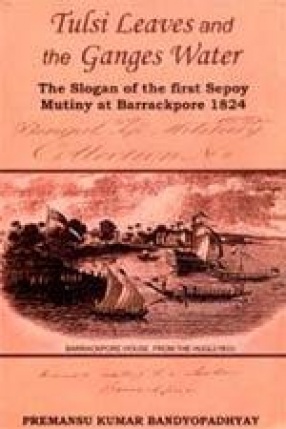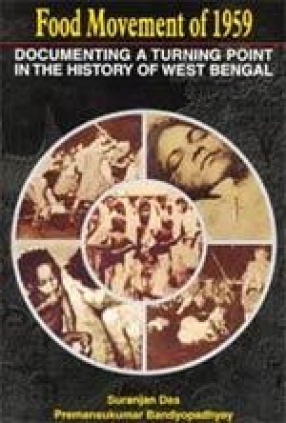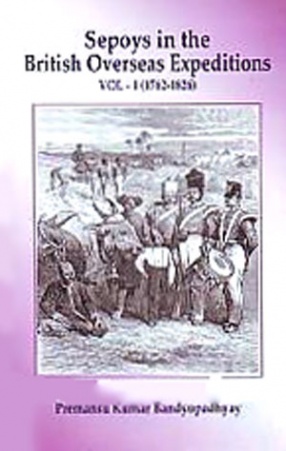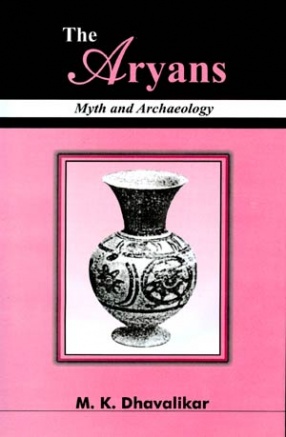Tulsi Leaves and the Ganges Water
Synopsis
The book is a pioneering work on the first sepoy mutiny at Barrackpore on a grand scale in 1824 over the oath of Tulsi Leaves the water of the Ganges, the symbol of unity and solidarity of the north Indian sepoys irrespective of caste and religion. Based on the original documents ever untouched by any historian in the British Library, London the author traces that long before the mutiny of 1857 Barrackpore had been a traditional centre of sepoy’s rebellious spirit that found violent expression whenever they were subject to injustice, apathy and discriminatory treatment from the company. Here the author explores how an overt regimental and religious ritual could be used as a covert trade union slogan to vindicate their right even on pain of death and destruction. In this mutiny, three native regiments were blown off on parade by the Royal Artillery when they refused to march to Burma as ordered. The author argues that such a carnage was not only unprecedented in the history of the mutinies in the armed forces of the free European and American countries and contrevens the Mutiny Act but reflects the gross recial prejudice, against the sepoys. The Couort of Directors too, is justifiably implicated with this racial prejudice, as contrary to the precedent of the Vellore Mutiny of 1806, Lort Amherst, was not removed from his post although initially he was blamed for the mutiny. The mutiny ended in victory to the rebellious sepoys as the government had promptly fulfilled all the demands as recommended by the Court of Enquiry. The Mutiny proved that despirt caste and religious difference amongst them sepoys were capable of uniting themselves in order to fight and die for justice. The memory of their martyrdom was deeply impregnated in the Cantonment of Barrackpore and in the passage of time it was turned into ballads of oath and determination from the which the sepoys of later generations drew inspiration for the great mutiny of 1857. The book is a major contribution in the history of Sepoy Mutinies in India during the administration of the Company and the British Raj.
Read more
18.00
16.2
$
20.00 $
Free delivery Wolrdwidе in 10-18 days
Ships in 2-4 days from New Delhi
Membership for 1 Year $35.00
Get it now and save 10%
Get it now and save 10%
BECOME A MEMBER
Books by the same author









Bibliographic information